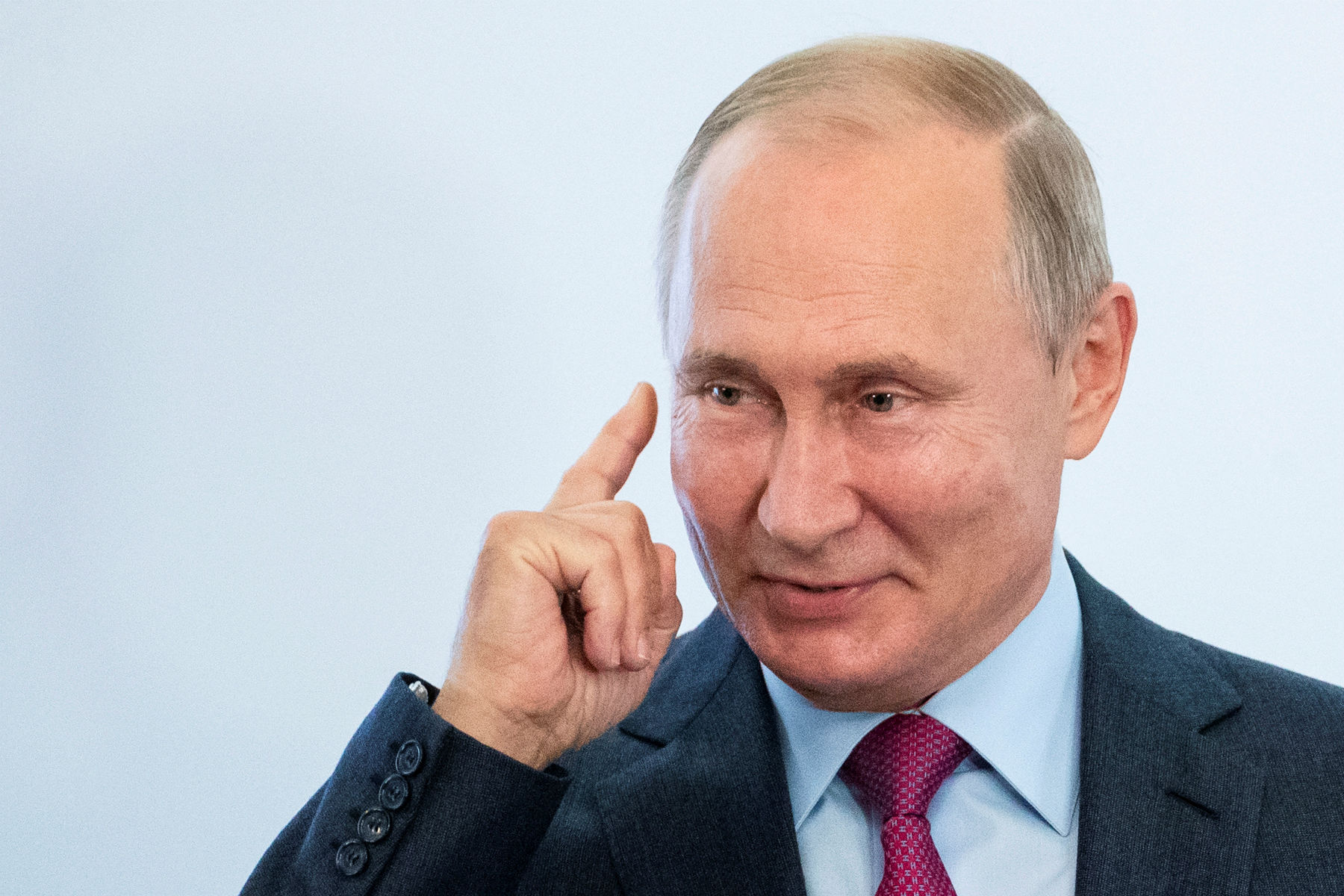As tensions escalate in Eastern Europe, foreign policy expert Clifford May offered a stark assessment of Russian President Vladimir Putin’s motives and the international response during a recent interview on Chicago’s Morning Answer with Dan Proft and Amy Jacobson. May, president of the Foundation for the Defense of Democracies and foreign affairs columnist for the Washington Times, said Putin is not interested in peace and only responds to real pressure — something he believes is currently lacking.
The conversation followed reports of a two-hour phone call between President Trump and Putin, in which Trump pushed for an immediate ceasefire in Ukraine and floated the Vatican as a potential site for peace talks. May, however, was skeptical that Putin would be swayed by diplomatic overtures. “Why would he agree to a ceasefire when he’s preparing a new offensive?” May asked, characterizing Putin’s goals as nothing short of conquering Ukraine and eliminating its independence.
May pointed to Putin’s track record — including military actions in Chechnya, Georgia, and Crimea — as evidence of his long-standing ambition to rebuild a Russian empire by force. He warned that unless the West uses its economic leverage, Putin will continue to escalate. May argued that Trump has correctly stated that devastating Russia’s economy through sanctions could shift the calculus, and he emphasized that much of the financial burden for supporting Ukraine could be shouldered by frozen Russian assets in Europe.
He also pushed for the U.S. to provide long-range weaponry, such as Patriot and ATACMS missile systems, and allow Ukraine to target military installations inside Russia. May believes this would apply meaningful pressure on the Kremlin and push Putin toward ceasefire negotiations, particularly if he can claim some territorial gains — such as the 18% of Ukrainian land currently occupied — to save face domestically.
When asked about whether European nations could be trusted to follow through on sanctions, May acknowledged past failures but expressed confidence that European leaders were more committed to Ukraine’s defense than many realize. “The Europeans are, if anything, more hawkish right now than President Trump is,” he said, noting that ending energy imports from Russia would be a crucial step in applying coordinated pressure.
As the conversation turned to Trump’s recent remarks in Saudi Arabia, where he dismissed “nation-building” in favor of an “America First” approach, May drew a distinction between failed efforts to impose democracy and support for countries that are already trying to build democratic systems. He described Ukraine as a “fledgling democracy” and said abandoning it would repeat past failures, like the U.S. withdrawals from Afghanistan and the abandonment of Kurdish allies.
May warned that if Trump is seen as bluffing about sanctions or military support, other global adversaries — including China and Iran — would also be emboldened. He reiterated Trump’s position that Iran should not be allowed to develop nuclear weapons and said any negotiation with Tehran would only succeed if America’s willingness to use force remains credible.
The interview closed with a broader critique of the Biden administration following the release of audio from Special Counsel Robert Hur’s interview with the president, as well as revelations about Biden’s prostate cancer diagnosis. May questioned who was truly making national security decisions during Biden’s presidency and called the lack of transparency “a scandal.”
He also directed blame at the media, calling it complicit in concealing Biden’s condition. As a former New York Times reporter and editor, May described the press’s failure to report what was visible to anyone paying attention as “a stain” on journalism, noting that the pursuit of political alignment had replaced the obligation to report the truth.
Cliff May’s commentary offered a sobering reminder of what’s at stake in Ukraine, and a call for the U.S. and its allies to adopt a posture of strength — not just diplomacy — in the face of authoritarian aggression.





